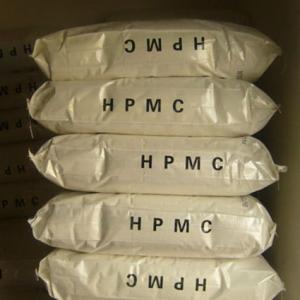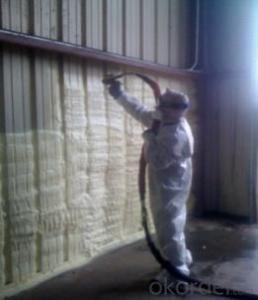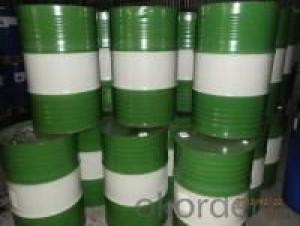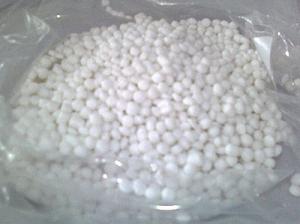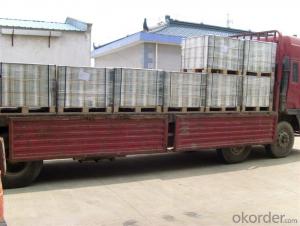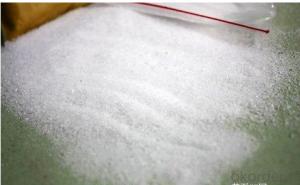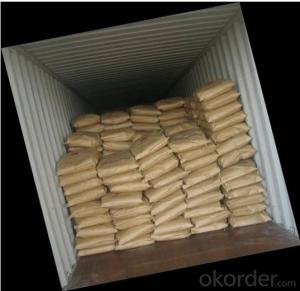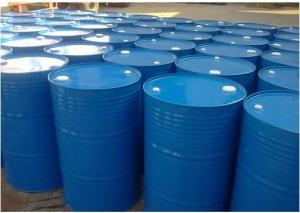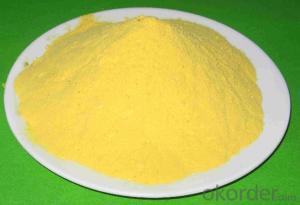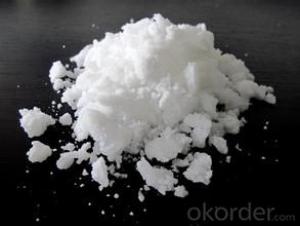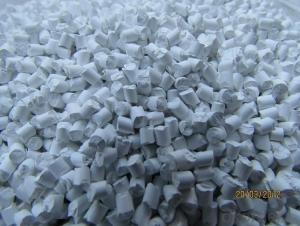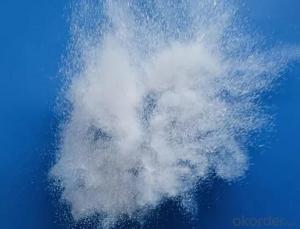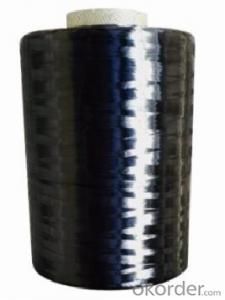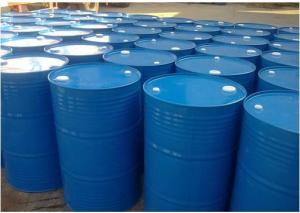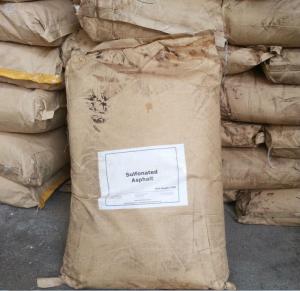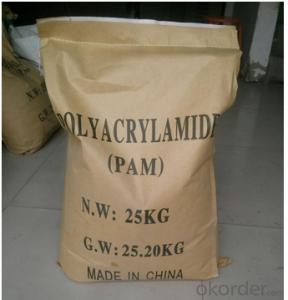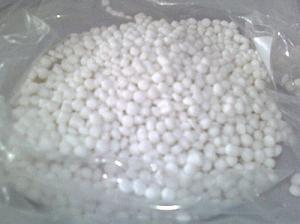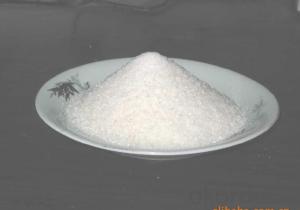All Categories
- - Steel Wire Rod
- - Steel Coils
- - Steel Profiles
- - Steel Pipes
- - Stainless Steel
- - Tinplate
- - Special Steel
- - Steel Sheets
- - Steel Rebars
- - Steel Strips
- - Hot Rolled Steel
- - Cold Rolled Steel
- - Pre-painted Steel
- - Seamless Steel Pipe
- - Welded Steel Pipe
- - Hollow Steel Tubes
- - Galvanized Pipe
- - Stainless Steel Coil
- - Stainless Steel Sheet
- - Stainless Steel Plate
- - Stainless Steel Strips
- - Electrolytic Tinplate Coil
- - Electrolytic Tinplate Sheet
- - Stainless Steel Rebars
- - Solar Panels
- - Solar Water Heater
- - Solar Related Products
- - Solar Inverter
- - Solar Cells
- - Solar Light
- - Solar Energy Systems
- - Solar Controllers
- - Solar Mounting System
- - Solar Pump
- - Solar Chargers
- - Fiberglass Chopped Strand
- - Fiberglass Mesh Cloth
- - Composite Pipes
- - FRP Pultrusion Profiles
- - Fiberglass Mat Tissue
- - Fiberglass Fabrics
- - Fiberglass Mesh
- - Composite Tank
- - Fiberglass Mesh tape
- - Polymer
- - FRP Roofing Panel
- - Fiberglass Roving
- - Monolithic Refractories
- - Ceramic Fiber Products
- - Refractory Bricks
- - Raw Materials For Refractory
- - Suspended Platform
- - Cranes
- - Concrete Machinery
- - Earthmoving Machinery
- - Building Hoist
- - Road Building Machinery
- - Plastic Pipe Fittings
- - Plastic Tubes
- - Plastic Sheets
- - Agricultural Plastic Products
- - Plastic Nets
 All Categories
All Categories
Q & A
What are the disadvantages of using polymers in packaging?
One of the main disadvantages of using polymers in packaging is their environmental impact. Polymers, such as plastics, are often not biodegradable and can persist in the environment for hundreds of years, contributing to pollution and litter. Additionally, the production of polymers requires fossil fuels, contributing to carbon emissions and exacerbating climate change. Another drawback is the potential for leaching of harmful chemicals from certain types of polymers into the packaged products, posing health risks. Finally, the recycling and disposal of polymers can be challenging and costly, as not all types of polymers are easily recyclable and many end up in landfills or incinerators, further contributing to waste management challenges.
What are the main applications of biodegradable polymers?
Biodegradable polymers find applications in various industries such as packaging, agriculture, biomedical, and textiles. They are used in packaging materials like bags, films, and containers, reducing environmental pollution caused by conventional plastics. In agriculture, they are employed as mulch films, seed coatings, and controlled-release fertilizers, improving soil quality and reducing waste. Biodegradable polymers also play a vital role in biomedical applications, including drug delivery systems and tissue engineering, as they can degrade in the body without leaving harmful residues. Additionally, they are used in textile industries to create sustainable and eco-friendly fabrics.
What is the role of monomers in polymer formation?
The role of monomers in polymer formation is to serve as the building blocks or individual units that combine together through chemical reactions to form larger, more complex polymer chains. Monomers are typically small molecules that contain reactive functional groups, allowing them to undergo polymerization reactions, such as condensation or addition reactions, to create polymers. These monomers can repeat in a linear or branched fashion, forming the backbone of the polymer structure.
What is the difference between thermoplastic and thermosetting polymers?
Thermoplastic polymers can be melted and re-molded multiple times without undergoing any significant chemical changes, while thermosetting polymers, once cured, cannot be melted or re-molded as they undergo a permanent chemical change.
Wholesale Polymer from supplier in Iran
Our team of experts is dedicated to understanding the unique needs and requirements of the polymer industry in Iran. We offer a wide range of polymer products, including polyethylene, polypropylene, PVC, and more, to cater to various industries such as packaging, automotive, construction, and textiles.
In addition to our product offerings, we provide efficient and reliable sales and quotation services. Our experienced sales representatives will assist you in finding the right polymer products for your specific needs and budget. We strive to offer competitive prices and flexible payment terms to ensure a smooth procurement process.
Moreover, our technical support services are designed to assist you throughout your polymer procurement journey. Our technical experts can provide valuable advice and guidance on product selection, application, and handling to ensure optimal performance and efficiency. We also offer training programs and workshops to enhance your knowledge and understanding of polymer materials.
As a subsidiary of CNBM, a Fortune Global 500 company with a strong presence and reputation in the global polymer industry, we have access to a vast network of suppliers and resources. This enables us to offer a comprehensive range of polymer products and services, backed by the latest market insights and trends.
Whether you are looking for a reliable supplier, seeking technical advice, or interested in market insights, we are your trusted partner for all your polymer needs in Iran. Contact us today to experience our all-inclusive polymer procurement services.
In addition to our product offerings, we provide efficient and reliable sales and quotation services. Our experienced sales representatives will assist you in finding the right polymer products for your specific needs and budget. We strive to offer competitive prices and flexible payment terms to ensure a smooth procurement process.
Moreover, our technical support services are designed to assist you throughout your polymer procurement journey. Our technical experts can provide valuable advice and guidance on product selection, application, and handling to ensure optimal performance and efficiency. We also offer training programs and workshops to enhance your knowledge and understanding of polymer materials.
As a subsidiary of CNBM, a Fortune Global 500 company with a strong presence and reputation in the global polymer industry, we have access to a vast network of suppliers and resources. This enables us to offer a comprehensive range of polymer products and services, backed by the latest market insights and trends.
Whether you are looking for a reliable supplier, seeking technical advice, or interested in market insights, we are your trusted partner for all your polymer needs in Iran. Contact us today to experience our all-inclusive polymer procurement services.
Hot Search
- Fiberglass Chopped Strand in Kyrgyzstan
- Fiberglass Mesh Cloth in British
- Composite Pipes in Uruguay
- FRP Pultrusion Profiles in Singapore
- Fiberglass Mat Tissue in Mauritania
- Fiberglass Fabrics in Brunei
- Fiberglass Mesh in Switzerland
- Composite Tank in Cyprus
- Fiberglass Mesh tape in Samoa
- Polymer in Ireland
